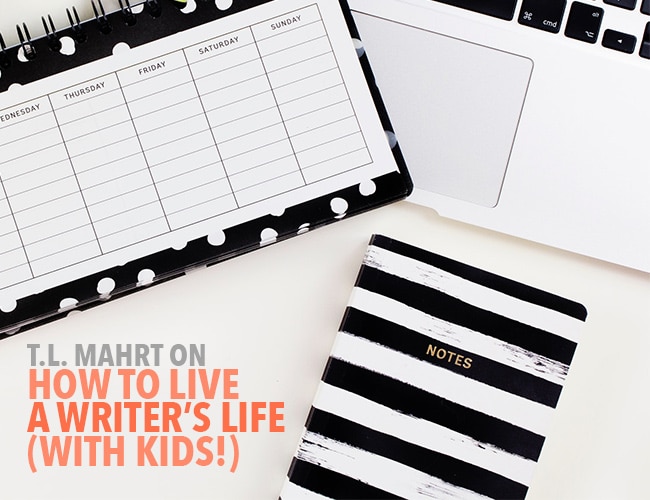
by Sarah Gribble |
How do you live “a writer’s life”? By writing! (And editing, and publishing, and marketing. But we’ll get to that.)
But sometimes (okay a lot of the time) it’s hard to fit writing into our busy, busy lives. Kids, school, work, house maintenance, relationships . . . We’re pulled in a million directions every day.
The key to fitting in anything important is to find the time and protect that time.
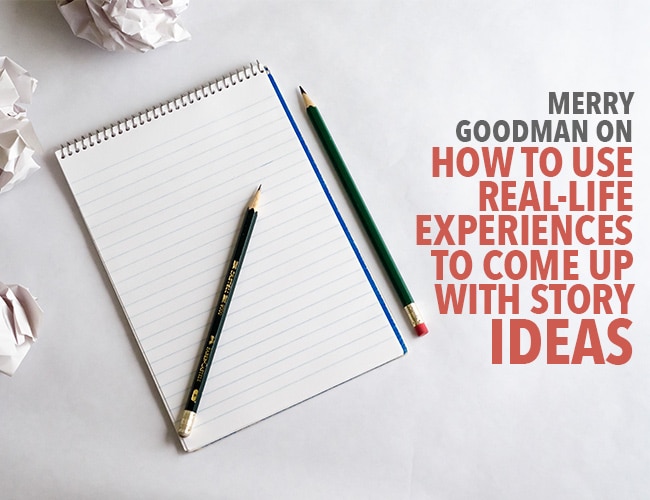
by Sarah Gribble |
Ever wonder how to come up with story ideas? Ask any writer and invariably they will tell you “life.”
A writer’s greatest source of ideas comes from their real-life experiences. From going to the grocery store to careening down a snowy mountain, real life is every writer’s inspiration. You just need to look and you’ll find a story.
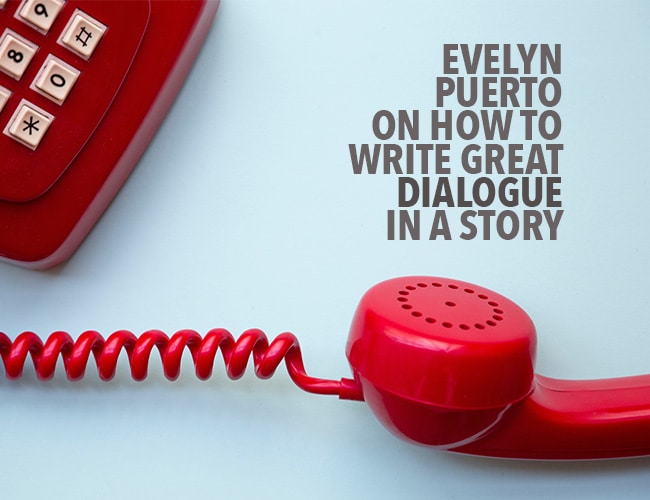
by Sarah Gribble |
Writing dialogue boils down to one big rule: Make it sound realistic.
You not only communicate every day (unless you’re on a really heavy writing binge), but you hear other people communicating. Dialogue is all around us. Constantly. Sometimes too constantly. The TV blares it. Your favorite novel is full of it. Your family squawks it over dinner.
Inherently, you know how to write dialogue. Sometimes you just have to get out of your own way in order to get it on paper.
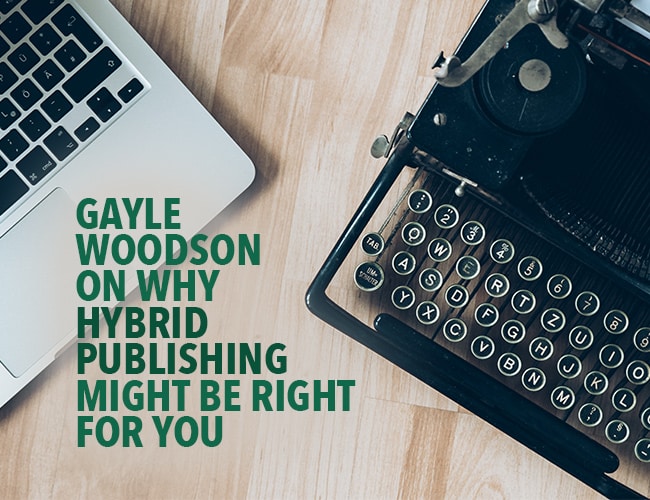
by Sarah Gribble |
The point of writing, for most people, is to share that writing with the world. The problem is getting your writing into the hands of readers can be such an intimidating and confusing process that a lot of writers simply give up. This month’s interviewee talks about one option for sharing your writing: working with hybrid publishers.
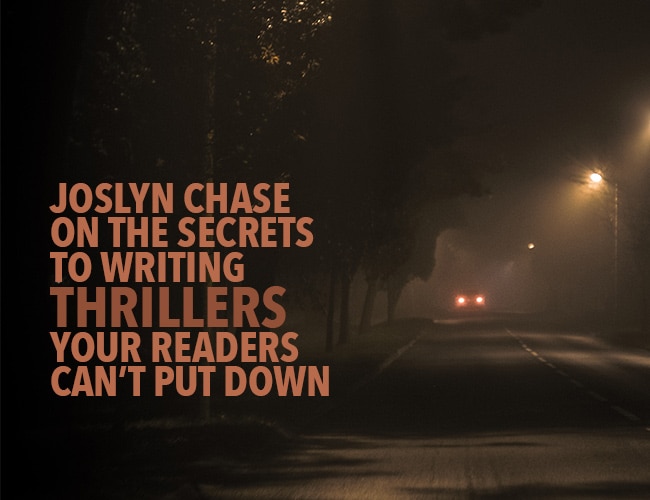
by Sarah Gribble |
Thrillers are hot right now and have been for some time. They can be intimidating to write, however. If you’re looking to dive into the thriller game, this month’s interviewee has some tips to get you started and keep your readers on their toes.

by Jeff Elkins |
Ever read about another author’s success and become frustrated? It doesn’t have to be that way. If we can learn to receive author success stories and testimonies with the right attitude, they can be amazing learning tools that will help us become better writers.








